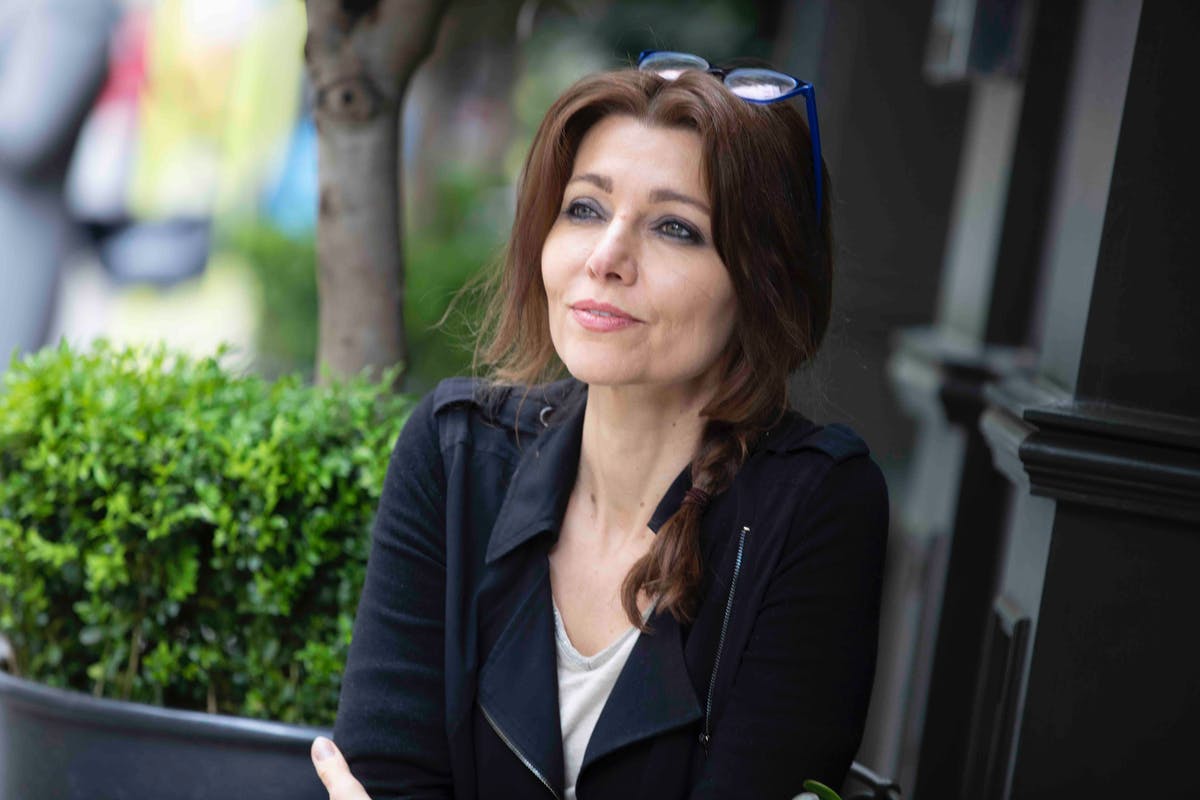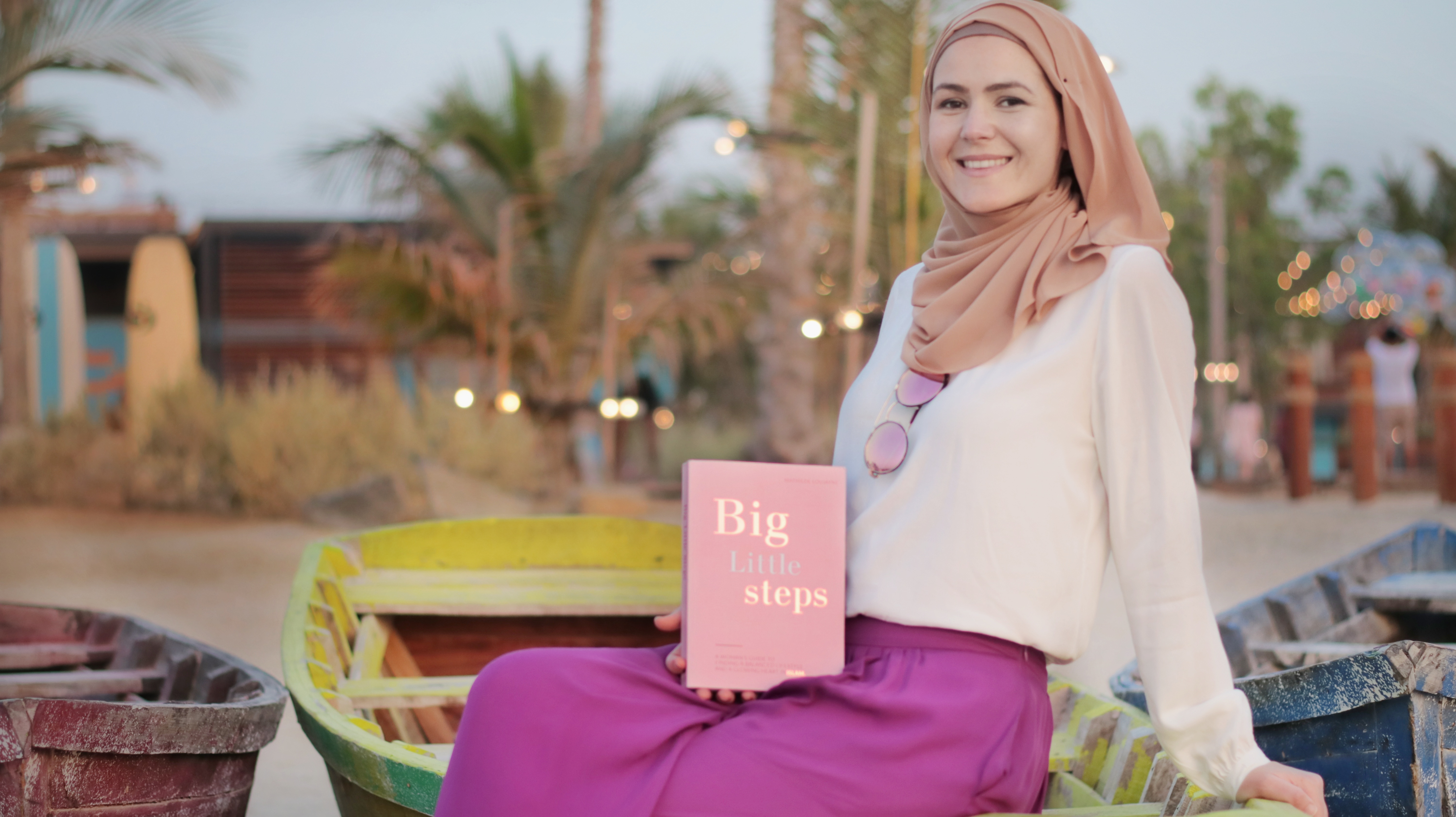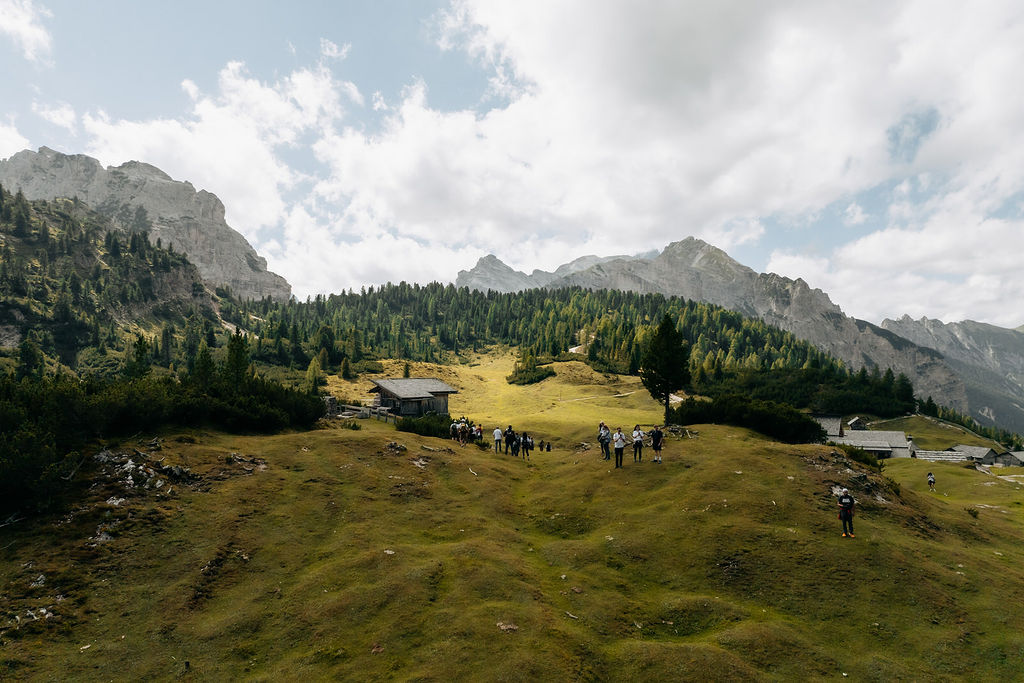Books of the Month | Month of the Books #10
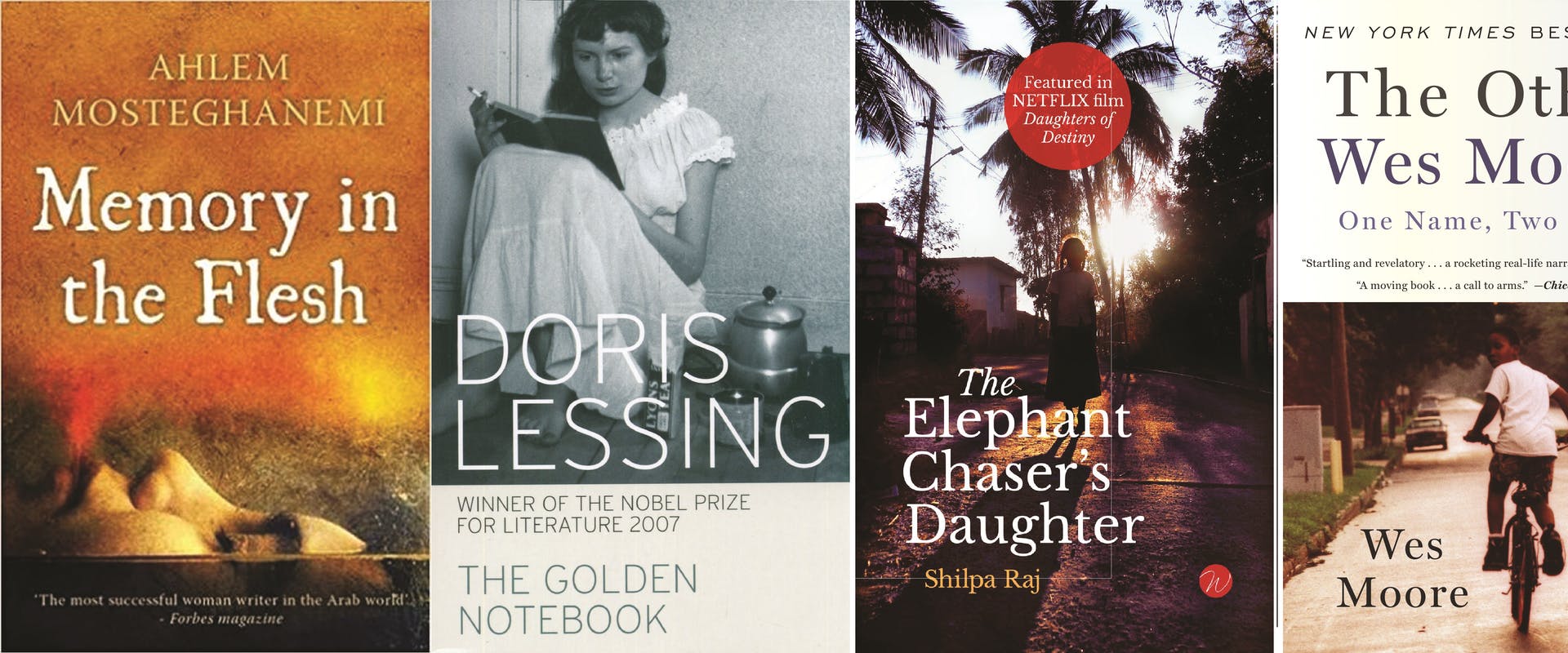
"Memory in the Flesh" by Ahlem Mosteghanemi
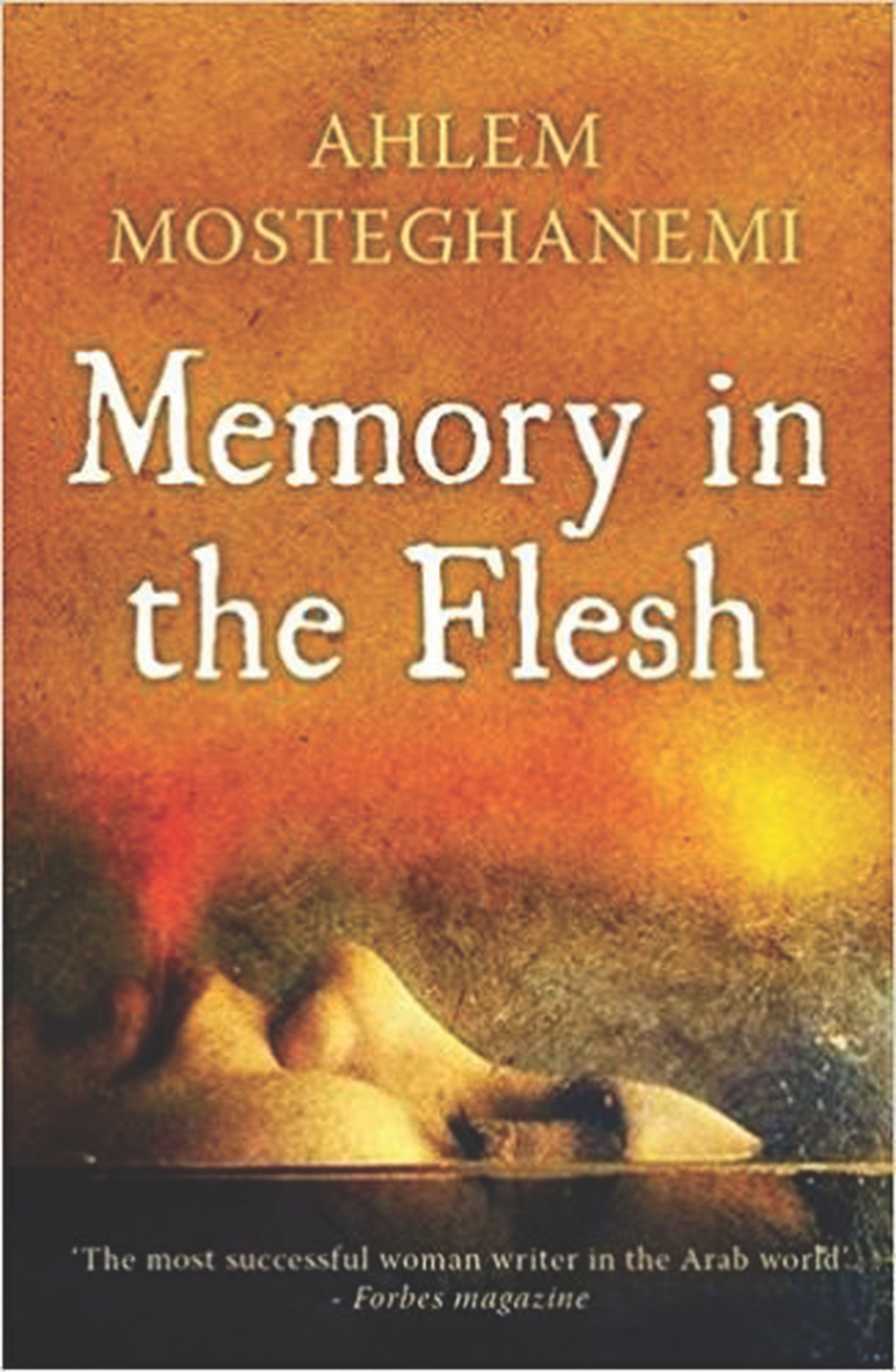
NAGUIB MAHFOUZ LITERARY PRIZE
This prize-winning novel, the first to be written by an Algerian woman in Arabic, is set against Algeria’s struggle against foreign domination as well as its post-independence struggle with itself and the fate of revolutionary ideals in a post-revolutionary society. The story, spanning more than four decades of Algerian history, from the 1940s to the 1980s, revolves around a love affair between Khaled, the middle-aged militant who turns to painting after losing his left arm in the struggle, and Hayat, the fiction writer and young daughter of his friend the freedom fighter Si Taher, all brilliantly told through Khaled’s voice. It features such as this convincing embodiment of a male voice alongside narrative techniques in which the author subtly joins the achievements of world literature with that of local storytelling and traditional modes of narration that particularly impressed the judges who awarded this novel the Naguib Mahfouz Medal for Literature.
About the Author
Ahlam Mosteghanemi (b. 1953) is an Algerian writer who has been called “the world’s best-known arabophone woman novelist.”
She received her B.A. in Arabic literature from the University of Algiers in 1973, and was awarded a doctorate in sociology from the Sorbonne in 1982. She is the author of two volumes of poetry and two other novels, Chaos of the Senses and Crossing Beds.
For over 35 years, Ahlem’s contribution enriched the Arabic literary scene with her highly acclaimed sentimental and poetic work. Furthermore, through her writings she led the fight against corruption, injustice, totalitarian regimes, fundamentalism, new forms of colonization and the denigration of women’s right. With deep admiration for an Algerian poet, Ahlam Mosteghanemi established the Malek Haddad Literary Prize in 2001 for the best Algerian writer. While interviewed in June 2001 she voiced her worries about the lack of Arabic literature in Algeria and was in hopes that the Malek Haddad Literary Prize would encourage more to write in Arabic.
ahlammosteghanemi.com; @ahlammosteghanemi
"The Golden Notebook" by Doris Lessing
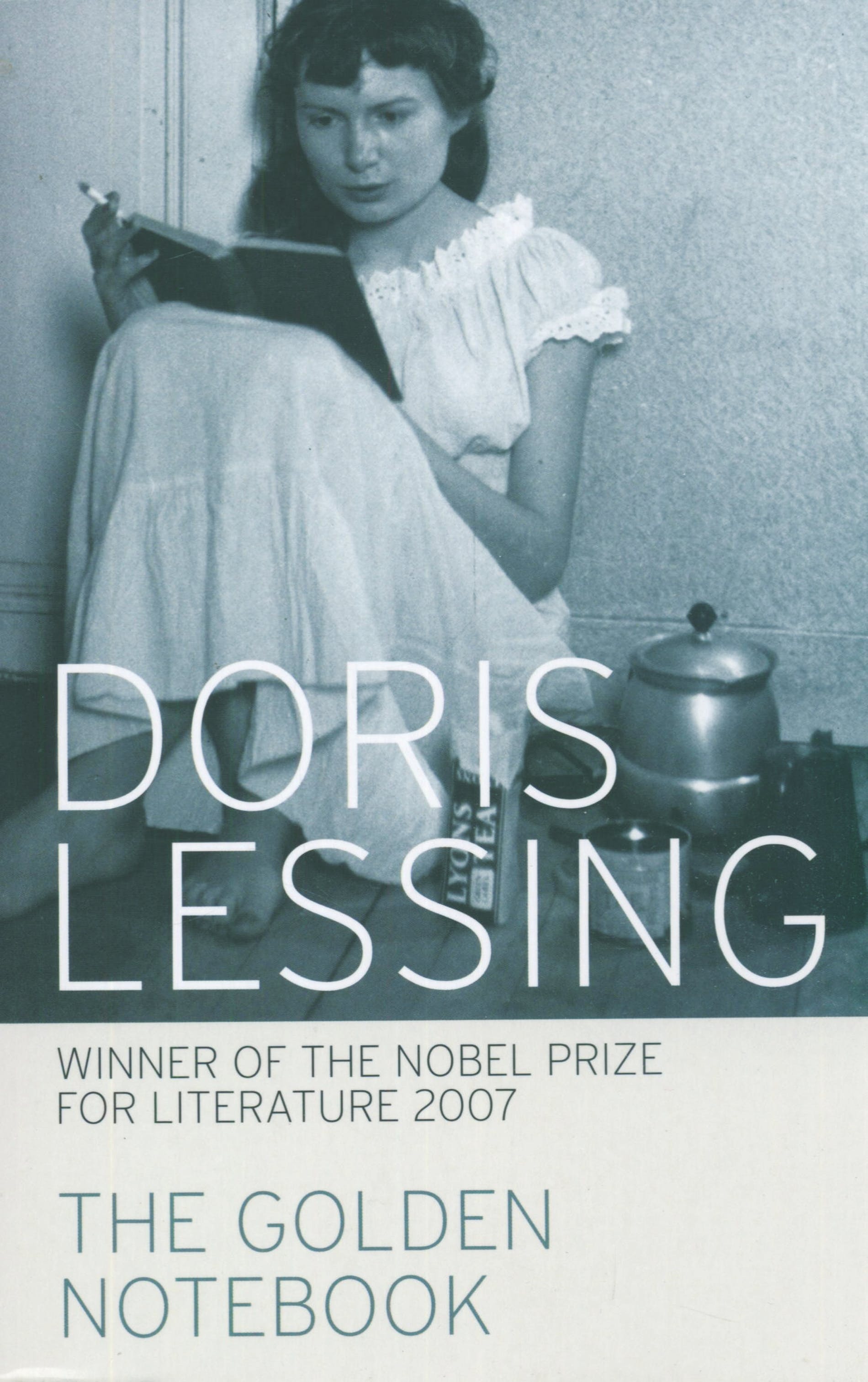
This 1962 novel by Doris Lessing, as well as the couple that followed it, enters the realm of what Margaret Drabble in The Oxford Companion to English Literature has called Lessing’s “inner space fiction”, her work that explores mental and societal breakdown. The book also contains a powerful anti-war and anti-Stalinist message, an extended analysis of communism and the Communist Party in England from the 1930s to the 1950s, and a famed examination of the budding sexual and women’s liberation movements. The Golden Notebook has been translated into a number of other languages. In 2005, the novel was chosen by TIME magazine as one of the one hundred best English-language novels from 1923 to present.
About the Author
Doris May Lessing (1919-2013) was a British novelist, poet, playwright, librettist, biographer and short story writer. She was born to British parents in Iran, where she lived until 1925. Her family then moved to Southern Rhodesia (now Zimbabwe), where she remained until moving in 1949 to London, England. Her novels include The Grass is Singing (1950), the sequence of five novels collectively called Children of Violence (1952–69), The Golden Notebook (1962), The Good Terrorist (1985), and five novels collectively known as Canopus in Argos: Archives (1979–1983).
Lessing was awarded the 2007 Nobel Prize in Literature. In doing so the Swedish Academy described her as “that epicist of the female experience, who with skepticism, fire and visionary power has subjected a divided civilization to scrutiny”. Lessing was the eleventh woman and the oldest person to ever receive the Nobel Prize in Literature. In 2001, Lessing was awarded the David Cohen Prize for a lifetime’s achievement in British Literature. In 2008, The Times ranked her fifth on a list of “The 50 greatest British writers since 1945”.
"The Elephant Chaser's Daughter" by Shilpa Raj
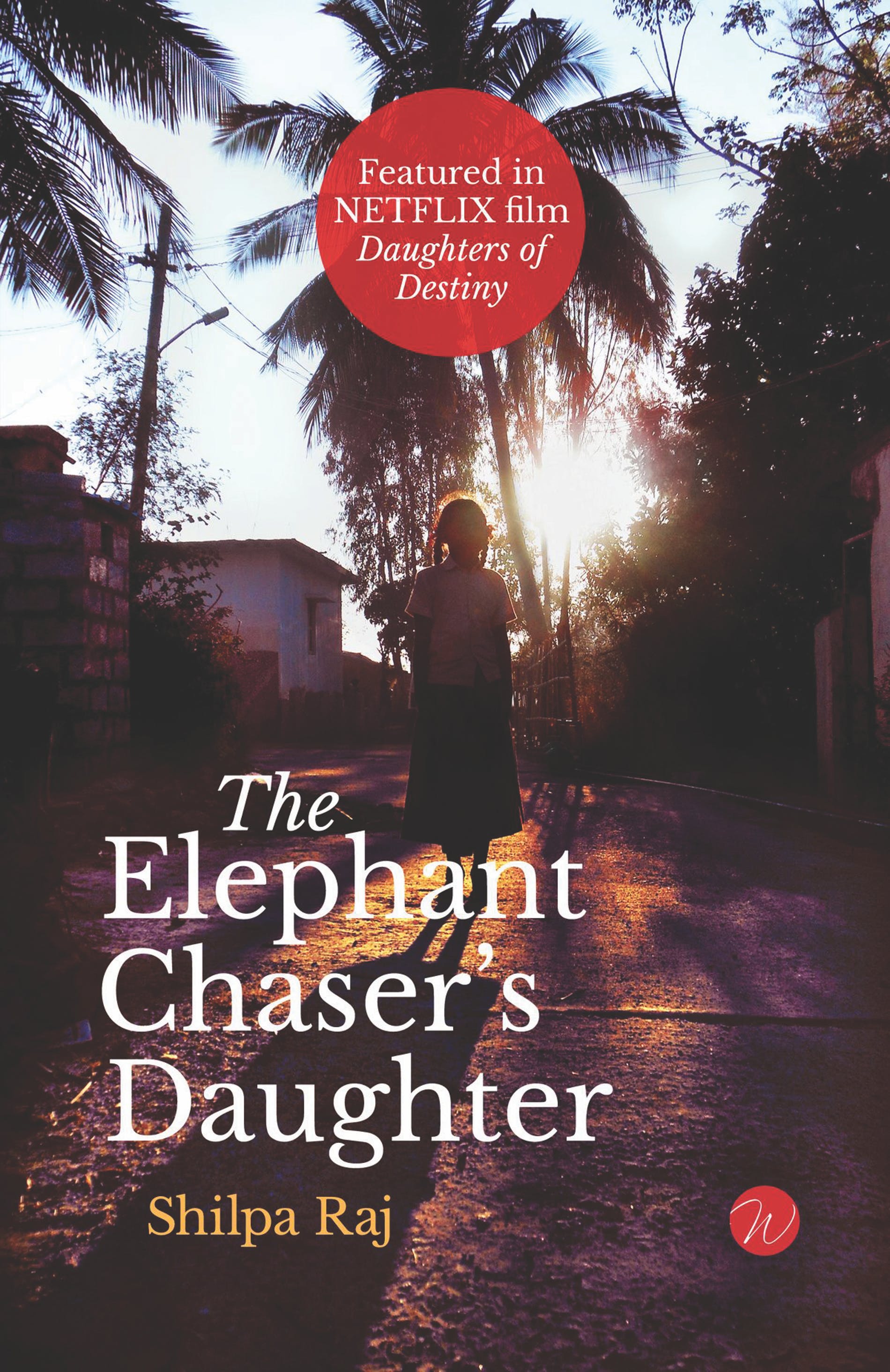
THE MUST-READ MEMOIR
Profound, heart-wrenching, inspiring, and full of life.
When you are a female born into a poor Indian family, the odds are already stacked greatly against you. The human drama captured in this memoir is nothing short of amazing - a young woman’s struggle between the two worlds of her existence. Saved by her grandmother from being killed at birth for being a female, and abandoned by her mother at a young age, Shilpa faces the formidable constraints placed on her by her family and the village elders. The values with which she is being brought up in a school for poor children - Shanti Bhavan - started by a philanthropist come in conflict with those of her family, tearing each other apart. Pulled in opposite directions, and torn between despair and dreams, Shilpa finally makes a choice for her escape. But is she strong enough to stand up to the people she loves and pursue what she wants?
Just when all seems settled, an unforeseen death under mysterious circumstances shatters whatever stability remains in her life.
At its heart, The Elephant Chaser’s Daughter is about hope when all seems lost. Written with raw honesty and grit, this is a deeply moving memoir of a young woman confronting her ‘untouchable’ status in a caste-based society, and her aspirations for a good future.
About the Author
Shilpa started on her memoir at the age of sixteen. While working on her first book, The Elephant Chaser’s Daughter, Shilpa was introduced to the struggles of her family. Her passion for discovery took her back to where she was born, a forested village in South India, where she spoke at length with family members and neighbors who revealed to her their tales of suffering, violence, and indignity.
No young woman from a very poor untouchable family has ever written a memoir or autobiography or given a first-hand perspective of what it is to be a part of the social underclass in modern-day India. In the process of writing this book, Shilpa found herself being drawn towards human suffering, and ways in which it can be reduced. She hopes that through her writings and documentations she will be able to describe to others the unpleasant truths about the lives of those who are often forgotten or ignored in our society.
She has completed a Master’s degree in Psychological Counseling. She writes life-stories of her friends, and in her spare time, teaches English, plays soccer, and volunteers at the school where she had studied. When asked how she feels about this literary journey, she replies with a smile: “I know my parents better as characters in my book than otherwise. I have also learned to reconcile my two worlds.”
Shilpa is featured in the NETFLIX film, Daughters of Destiny, directed by Oscar Award winner, Vanessa Roth, and music scored by Academy Award winner A.R. Rahman. This four part docu-series has received worldwide acclaim.
shilparaj.com; @shilpa.anthony.raj
"The Other Wes Moore" by Wes Moore
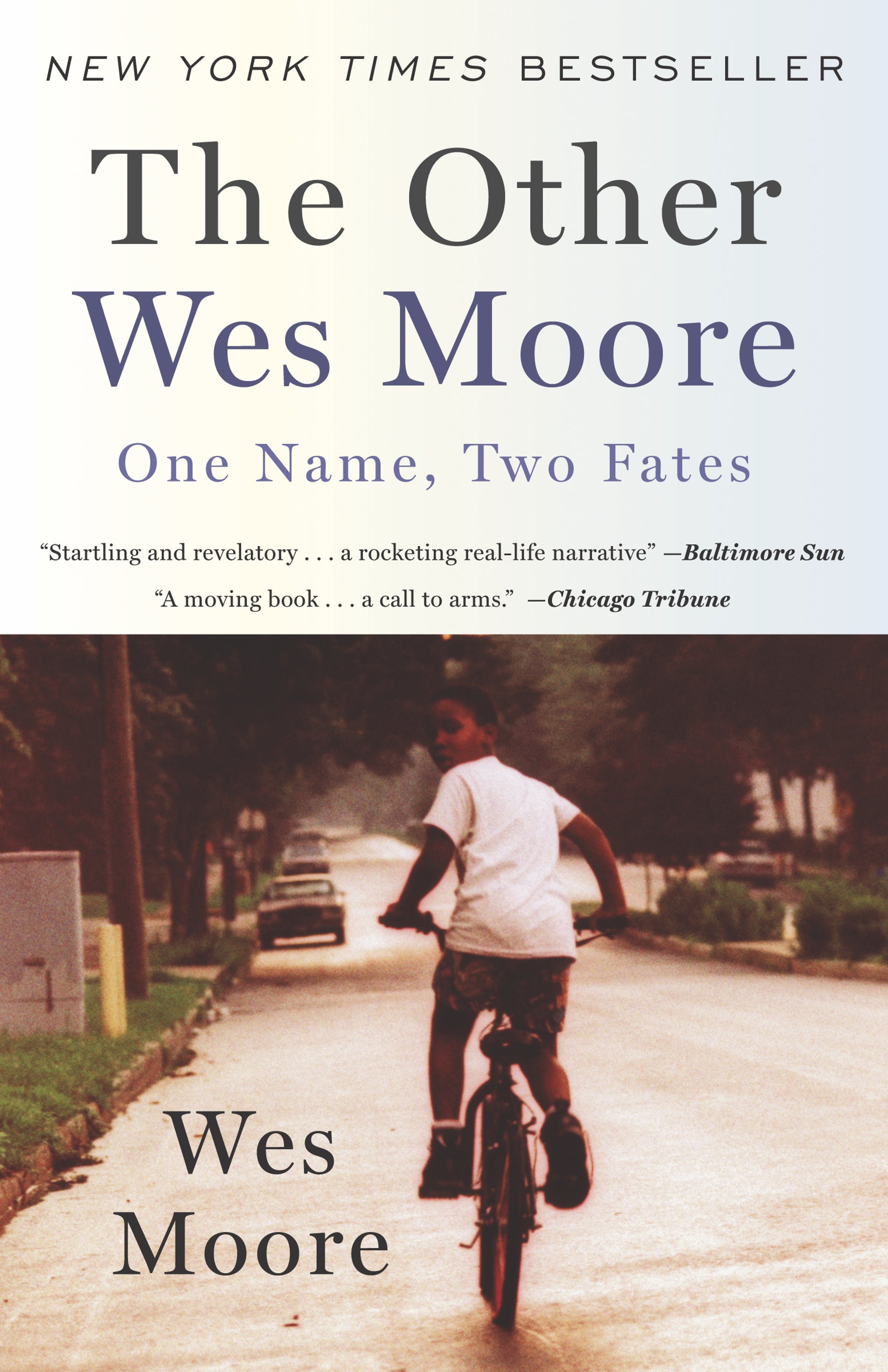
The chilling truth is that his story could have been mine. The tragedy is that my story could have been his.
Two kids named Wes Moore were born blocks apart within a year of each other. Both grew up fatherless in similar Baltimore neighborhoods and had difficult childhoods; both hung out on street corners with their crews; both ran into trouble with the police. How, then, did one grow up to be a Rhodes Scholar, decorated veteran, White House Fellow, and business leader, while the other ended up a convicted murderer serving a life sentence?
Wes Moore, the author of this fascinating book, sets out to answer this profound question. In alternating narratives that take readers from heart-wrenching losses to moments of surprising redemption, The Other Wes Moore tells the story of a generation of boys trying to find their way in a hostile world.
About the Author
Wes Moore (b. 1978) is an American author, social entrepreneur, television producer, and decorated US Army combat veteran. He is the CEO of the Robin Hood Foundation, one of the largest antipoverty organizations in the USA. His first book, The Other Wes Moore, was a New York Times and Wall Street Journal bestseller; his second book, The Work, was also a bestseller and featured in Oprah’s SuperSoul Sunday. Wes appears regularly as a commentator on NBC News, and is the executive producer and a writer for Coming Back with Wes Moore on PBS. His third book Five Days was released this Summer.
Moore lives in his hometown of Baltimore with his wife and two children.
Assembled by Tanja Beljanski
